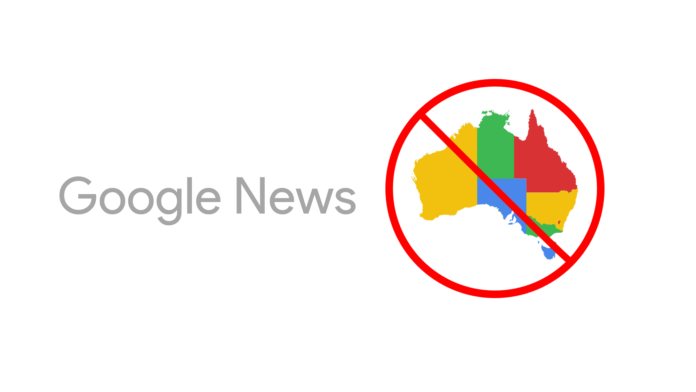In a time when Google would want to be painting itself as the innocent party, targeted unnecessarily by government intervention, the company has shot a massive own-goal in Australia this week.
Unsurprisingly, big media aren’t missing the opportunity to call out Google’s rather mind boggling behaviour. This week, publishers including Fairfax, News Ltd and The Guardian have noticed that Australian news stories have been hidden (or at least buried) in Australian search results.
Google confirmed that it was “running an experiment” until early February 2021, but the actual purpose of the experiment is unclear. Google says the experiment will affect around 1% of Google search users in Australia, ideally to measure the impacts of news business and Google search on each other. More likely, though, it seems the experiment is a vision of what’s to come if Google is forced to pay Australian publishers to link to their content – the links (and the consequent referral traffic) will simply disappear.
Unfortunately, it seems that these experiments couldn’t have come at a worse time. Google is facing proposed regulation from the federal government which will require Google (and Facebook) to enter into good-faith bargaining with major news publishers to ensure those publishers are paid for their journalism.
(Ed. In interests of full disclosure, Ausdroid will not be included in coverage of the draft regulation, and we are unsure exactly how our business will be impacted).
The fear is that, faced with the choice of paying news publishers for content or not being able to carry that content in Australia, Google might look at its own actions overseas and pull the news product out of Australia entirely, which would decimate the local news landscape.
Google, for its part, contends that the media landscape in Australia is not dependent on it for coverage, an assertion which most in small media (and probably large) would disagree with. One need only look at the volume of traffic that comes to sites big and small to recognise Google’s impact here – without it, lots of smaller news publishers will disappear overnight.
Whether Google should be paying publishers to link to and refer traffic their way is quite something else, and those with an interest in how the Internet is meant to work would probably agree that this move is stupid.
Google News does not host news content generated by publishers; it merely signposts it (sometimes with a sentence or two snippet) so users can redirect off to the publisher’s page to read it. In this manner, publishers already get paid because they earn advertising revenues off those views.
Seeking to be paid by Google too seems like greed more than anything else, and – if it ends up happening – may have a chilling effect on how search engines like Google, Bing and others operate.
It’s a time when Google would want to be ingratiating itself with users, publishers and governments alike … and this “experiment” seems to have done anything but.
Google has demonstrated just how easily it could make Australian news businesses effectively disappear from the internet, demonstrating their extraordinary – and probably undesirable – market power.
Granted, this isn’t exactly what the proposed media code is designed to address, but it’s almost certain to attract the ire of publishers and governments and – if not careful – could lead to even further regulation down the track.
Fortunately, perhaps, for Google the second draft of the code recognises the value that news publishers get from Google referral traffic, acknowledging that it isn’t purely a benefit for Google.
Unfortunately, though, the arbitration clauses are still present in the code, which would require publishers who cannot reach good faith agreements with Google and Facebook to submit to arbitration where a payment figure would be awarded.


